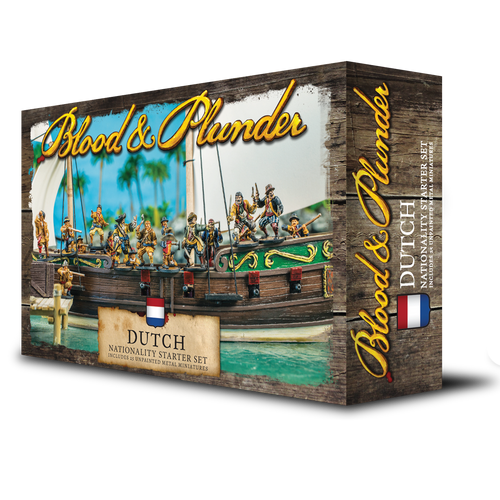Product Description
Contents
Twenty five 28 mm unpainted lead-free pewter miniatures.
8 Young Warriors
8 Warrior Archers
4 Warrior Musketeers
4 African Warriors
1 Native American Commander & Unit and Faction Card
These units are found on No Peace Beyond The Line Expansion Rulebook
This bundle includes 28mm Native American Miniatures and allows you to build a 100 point force of either:
Caribs (Kalinago): William Dampier once described the Caribs of the Caribbean—the “Island Caribs”—as “a sort of Warlike Indians, delighting to rove on the Sea in Periagoes or large Canoes.” Master seafarers, the Caribs make long voyages for both trade and war in seagoing pirogues and bacassas, reserving canoes for local travel. These crafts are often decorated with carved bas-relief at the stern—a monkey in one example—and occasionally with boucaned human limbs as trophies as well. Although the Caribs have a reputation as cannibals—the word cannibal is believed to be a transcription error for Caribal—the practice is largely ceremonial. In the Caribbean, the Caribs have managed to hold their own against European expansion. Early in the century they are often allied with the Spanish against the Dutch and English, later in the century with the French against the English. By the 1680s there are also a large number of “Black Caribs” or Garifuna on Saint Vincent Island, the product of shipwrecked, escaped, and captured slaves brought into the Carib community. On the northeast coasts of South America are the “Mainland Caribs” or Kalinago, whose culture is very similar to that of the Island Caribs. Although experts literally from early childhood in the bow and arrow, warrior Caribs are often also armed with European swords and flintlock muskets supplied by the French. Their raids are swift; they do not linger. Ambush and other tactical deceptions are their preferred way to make war.
Caribbean Tribes: All European settlements in the Americas interact, often violently, with Native Americans, no matter where on the continents the colonies are founded. Mariners, whether seeking wood and water or shipwrecked, often interact with tribes beyond areas settled by Europeans. In the Caribbean, English buccaneers have a long-standing alliance with the Miskito, dating to the first half of the century and the Providence Island Company. Inhabiting what is today known as the Mosquito Coast of Honduras and Nicaragua, the Miskito often provide “strikers” for buccaneer crews. The strikers provide sea turtle and manatee as provisions, and hunt ashore as well, along with fighting alongside buccaneers on their raids. Hundreds of tribes are in Brazil in amity and conflict with the Dutch and Portuguese. Some fight with the Dutch against the Portuguese, others vice versa. Often, members of the same tribes may fight against each other alongside opposing European factions. Many of the Native peoples in Brazil are adept at both European tactics as well as guerrilla warfare. Some Brazilian tribes ally with Bandeirantes on their colonial explorations and Native American slave raiding, while others obviously oppose them. Maroon colonies in Brazil come into conflict with Native Americans as well.







